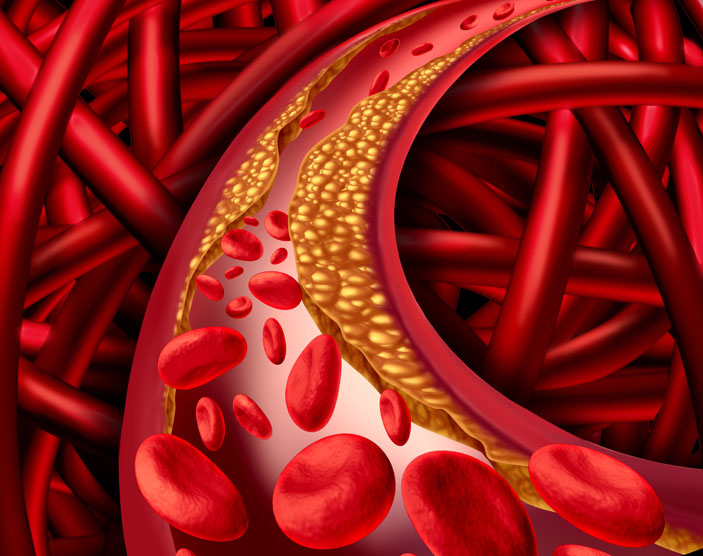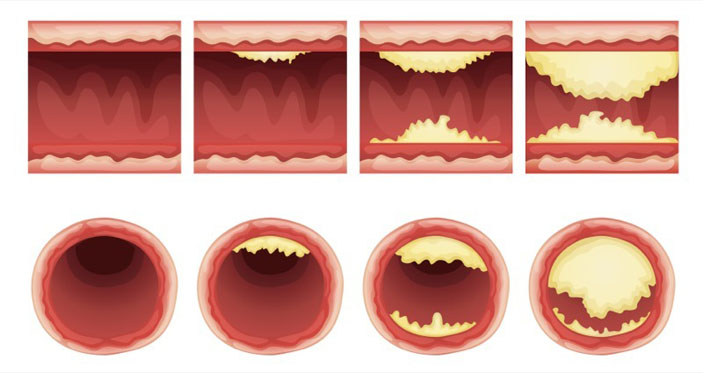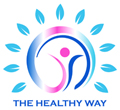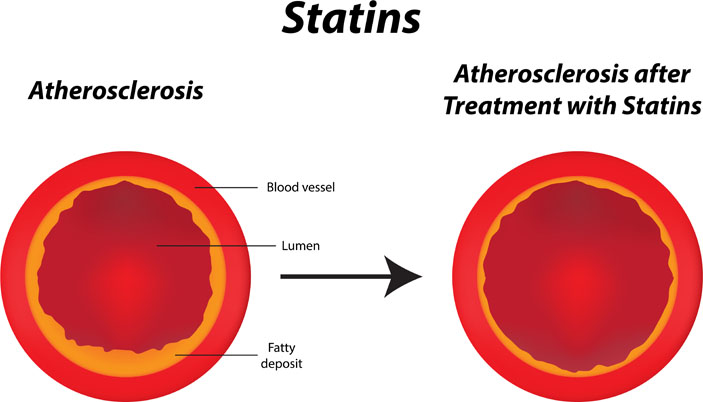
CHOLESTEROL is an essential fat that your body needs. Our liver produces some of this cholesterol, and we also absorb it in the small intestines from the food we eat. Proteins carry cholesterol in the blood and these protein-carriers of cholesterol are called lipoproteins.
When we see the results of our blood tests, we will see terms like LDL cholesterol (low-density lipoprotein) also known as the bad cholesterol, and HDL cholesterol (high-density lipoprotein) or the good cholesterol.
Measuring Cholesterol Levels
HDL cholesterol is considered good because it scavenges and removes the bad LDL cholesterol and transports it to the liver where it can be reprocessed, hence lowering the LDL levels.
A high HDL level is considered protective while a low HDL level is considered having a higher risk of heart disease.

LDL cholesterol is bad because it becomes part of plaque, which accumulates in the wall of the artery and making it difficult for blood to flow. A piece of plaque can break off and cause a clot and increases the risk of heart attacks and strokes.
You Might Also Like To Read:
DIY Handmade Egg Noodles — Whip It UP!
Health Risk Factors
Hence, when we do a blood test, the main focus is on how to lower the LDL cholesterol because the higher the LDL, the higher the risk of cardiovascular disease. The risk also depends on other factors, such as age, family history, blood pressure, diabetes, smoking, and obesity.
It has been shown in numerous studies that lowering LDL cholesterol intensively further reduces all-cause mortality, heart attacks, and strokes. It has been shown that for every 39mg/dl (1mmol/L) decrease in LDL, there is a decrease of 20% in major vascular events.
The total cholesterol to HDL ratio is based on the fact that the higher the ratio (either total cholesterol is high or HDL is low), the higher will be the risk of heart disease and vice versa.

Preventive Measures
To reduce the risk of cardiovascular disease, a healthy diet, which requires healthy food choices, and regular exercise are important lifestyle practices to lower cholesterol. However, these alone may not be adequate to reduce the LDL cholesterol as there is a genetic component to the problem of high LDL cholesterol, and healthy lifestyle habits are often not consistent and sustainable.
 The Healthy Way is a regular health series developed for STORM.SG by Healthway Medical. If you have specific queries, please do email us at health@storm.sg and we will ask the panel of experts for their advice. Do note that only selected queries will be addressed.
The Healthy Way is a regular health series developed for STORM.SG by Healthway Medical. If you have specific queries, please do email us at health@storm.sg and we will ask the panel of experts for their advice. Do note that only selected queries will be addressed.
Your doctor might discuss with you that statins are recommended for management of high LDL cholesterol levels. Statins are medicines that control the production of cholesterol in the liver and they are effective in lowering LDL cholesterol levels.
Statins also have benefits above and beyond cholesterol lowering; statins also lower the risk of premature death, heart attacks and strokes.
While all medicines may potentially have side effects, some patients on statins may have side effects in the liver or muscles. The number of patients with side effects is small. Most patients have no side effects, especially if the high LDL cholesterol condition is managed early so that low dose statins are adequate. Many of the side effects are experienced by patients requiring high doses of statins.

Statins have also been associated with an increase in blood sugar and also some reports have linked statins to memory issues but the evidence is unclear.
Studies have concluded consistently that the potential benefit of statins lowering heart attacks, strokes and death far outweigh the risk of side effects.















 Dr Philip Koh is Chairman Medical Board, Healthway Medical Group. He is a senior family physician in Healthway Tampines Clinic and is Adjunct Assistant Professor, Duke-NUS Graduate Medical School.
Dr Philip Koh is Chairman Medical Board, Healthway Medical Group. He is a senior family physician in Healthway Tampines Clinic and is Adjunct Assistant Professor, Duke-NUS Graduate Medical School.






